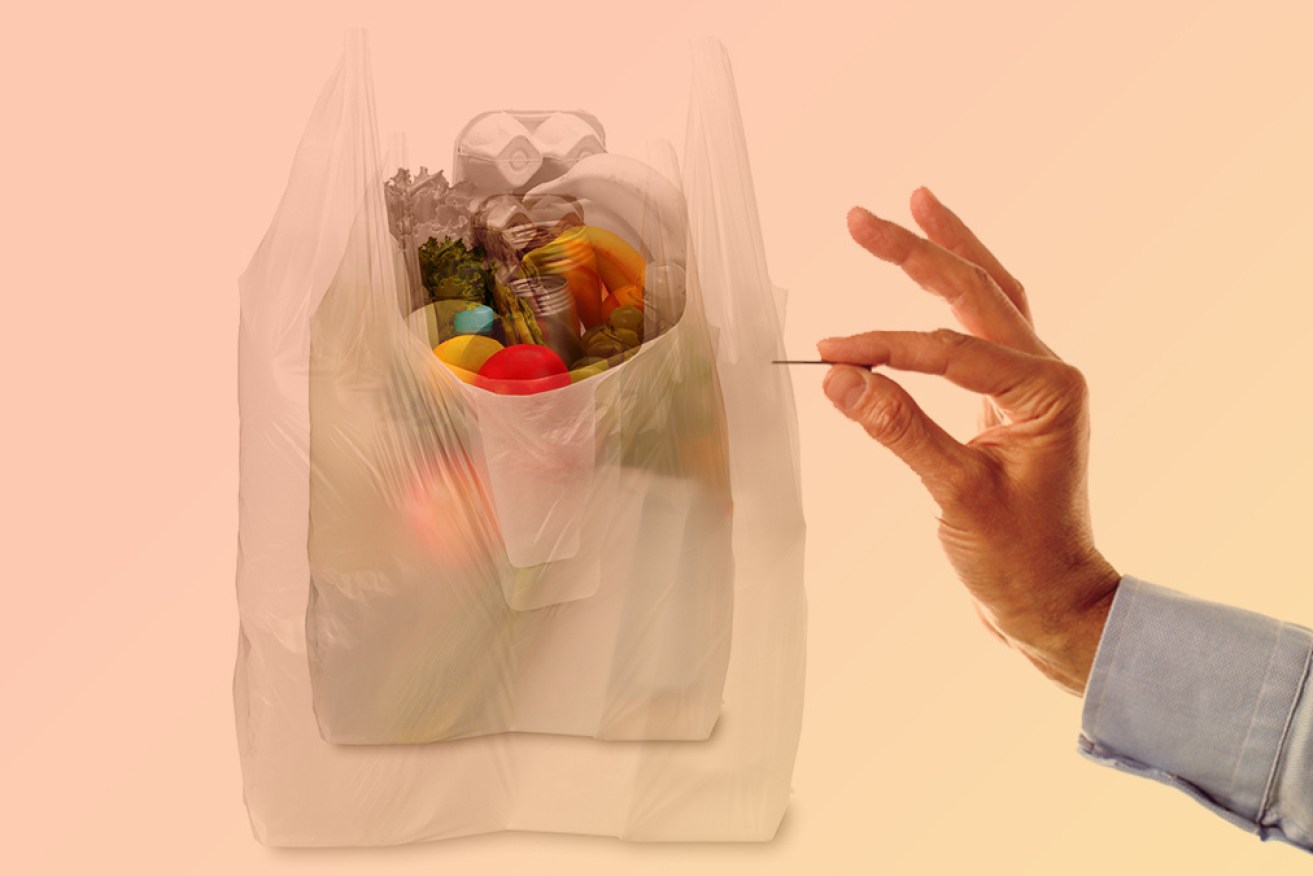Australia is on the brink of deflation. Here’s what it means to you


Short-term deflation may help Australia in its coronavirus recovery, but economists have issued a stern warning. Photo: TND
Rising unemployment, business slowdowns and collapsing oil prices could fuel Australia’s worst decline in headline inflation since the 1960s, according to a prominent economist.
The prediction follows Reserve Bank governor Philip Lowe’s grim admission on Tuesday that “inflation will turn negative in June,” as he warned of a Great Depression-sized economic collapse.
AMP Capital Chief Economist Shane Oliver told The New Daily it’s “quite probable” inflation will fall two per cent over the coming quarter alone, bringing the annual inflation rate to minus one per cent.
“It will be the biggest fall in the Consumer Price Index (CPI) since the June quarter of 1962,” Mr Oliver said.
“There has been a period since the middle of this decade – around 2014, 2015 – where inflation has been below target and the longer that went on, the greater the risk of potentially flipping into deflation.”
What is inflation, and how did we get here?
Australia is in a period of weak consumer demand as spending habits adapt to the economic pressures of the coronavirus crisis.
And although conservative spending may lift marginally once state governments ease their lockdown measures, any uptick will not be able to offset recent oil price plunges.
BetaShares chief economist David Bassanese said benchmark US crude oil prices – which fell below zero for the first time in history this week – will be a major factor in the deflation trend’s severity.
“Petrol prices are incredibly volatile, so they could fall anywhere from 20 to 50 per cent, but that’s just one part of the consumer budget,” Mr Bassanese told The New Daily.
Tweet from @ShaneOliverAMP
Although headline CPI will indicate deflation, economists and the RBA rely upon underlying rates, which account for un-ordinary market pressures.
AMP Capital’s Mr Oliver said underlying figures will show inflation is still hovering around one per cent, as it does not consider the raft of temporary stimulus measures.
“We’ve seen childcare become effectively free because of short-term government subsidies, rent holidays and assistance for tenants, rebates to assist Australian businesses and households,” Mr Oliver said.
“But these [expenses] won’t stay free forever, it’s cost-saving for households but not something you can assume will continue.”
What does this mean for consumers?
With more than 780,000 jobs already lost in the opening three weeks of Australia’s restrictive lockdown and a wages growth crisis baked in, the price of discretionary items is expected to plummet.
This is what economists refer to as ‘bad’ inflation as it reflects economic weakness, rather than strong productivity fuelling cheaper costs for goods and services (‘good’ inflation).
Tweet from @Scutty
Mr Bassanese said deflation may boost income capacity for workers who retained a job through the pandemic.
“For the brief period in which prices are likely to stay low, it will be beneficial for consumers because it’s boosting their real income,” Mr Bassanese said.
However, falls in inflation spell bad news for mortgage holders.
Mr Oliver said this is because the value of debt is fixed in nominal terms, which means the real value of mortgages will increase.
“[Deflation] puts pressure on households and businesses saddled with debt because it will go up in real terms and they will find it harder to service that debt,” Mr Oliver said.
How does this affect Australia’s virus recovery?
As Australia scrambles for solutions to fund a suite of coronavirus measures including the $130 billion JobKeeper package, one of the proffered solutions is to boost inflation.
And there’s historical precedent. Both the Chifley and Menzies governments moved to artificially increase inflation to reduce lingering amounts of post-war debt.
Mr Bassanese said we are already witnessing this strategy after the Reserve Bank implemented quantitative easing for the first time in Australia’s history.
The central bank also moved to cap three-year bond yields at 0.25 per cent, which indirectly monetises government debt.
Tweet from @DaveTaylorNews
However, he warned these strategies could create a “vicious spiral” of heightened inflation expectations, higher bond yields and the RBA having to purchase more government bonds.
Mr Oliver said low single digit inflation is manageable, but fast-rising inflation can quickly cause more headaches for the government.
“It can work for a while if you keep inflation at reasonable levels, but if you let it get out of control – as it did in the 1970s – you get stuck in a period of high inflation,” Mr Oliver said.
“We saw wage gains chasing price gains and price gains chasing wage gains, and going around in circles inhibited productivity through that period.”








